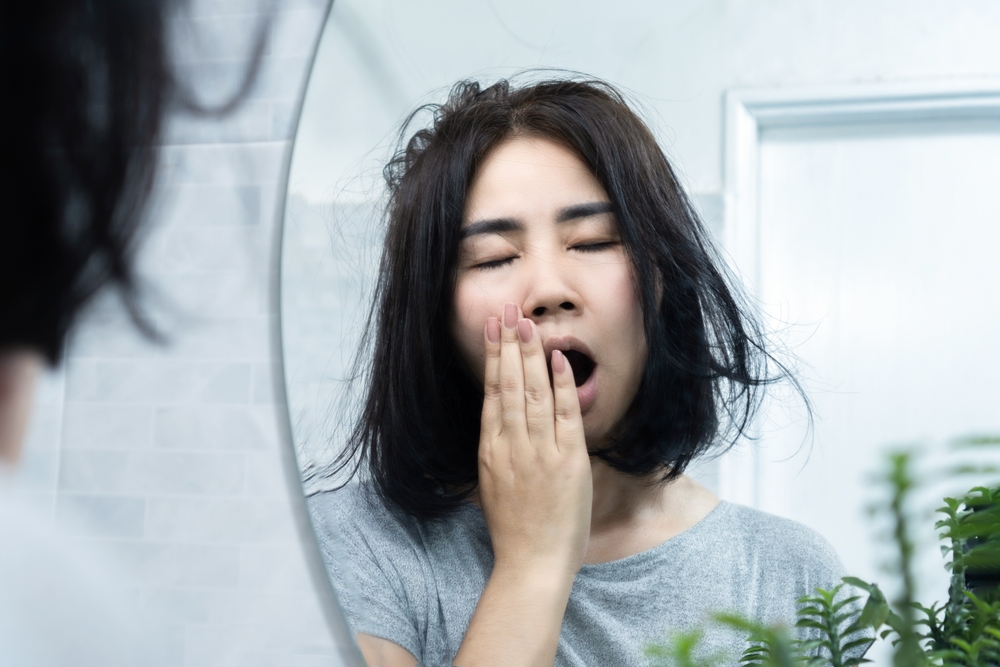Understanding OSA
Loud chronic snoring is a common symptom of sleep-disordered breathing. Normal physiology allows air to enter through the nose during sleep, moving down the throat to the lungs. If you have OSA, as you fall asleep, your tongue and soft tissues drop back, interrupting normal air intake. Oxygen levels in blood plummet. The brain senses danger and sends adrenaline to rouse you. You jerk awake, choking or snorting. This cycle repeats 30 or more times per hour for a severe apnea, preventing deep sleep cycles where cellular regeneration occurs.
Health threats associated with OSA include:
- There is a greater likelihood of highway or workplace accidents due to daytime drowsiness.
- High blood pressure.
- Increased risk of cardiovascular disease, stroke, and heart attack.
- Headaches and migraines.
- Obesity.
- Irritability, poor mental focus, and depression.
Cedar Hills, UT dentist designs appliances for sleep apnea
Maybe you realize you have OSA or your partner has complained about your snoring, but you don’t know what to do. Or perhaps you have tried CPAP and just can’t sleep, wearing a mask and tethered to a machine. Once your OSA has been diagnosed and its severity rated by a physician, Dr. Isaacson can help.
He uses a sleep appliance with a fit adjusted for your comfort. This splint holds your jaw slightly forward and keeps the tongue out of the back of the throat. The device is small and discreet. Just slip it into place before you fall asleep to keep the airway open. Many patients with mild or moderate OSA get the relief they need with a sleep appliance. For severe cases, the device can greatly improve the effectiveness of CPAP.
The most important thing to know about sleep apnea is that you have treatment options. Call (801) 618-3280 for a consultation with Dr. Isaacson at Cedar Hills Family Dentistry.

